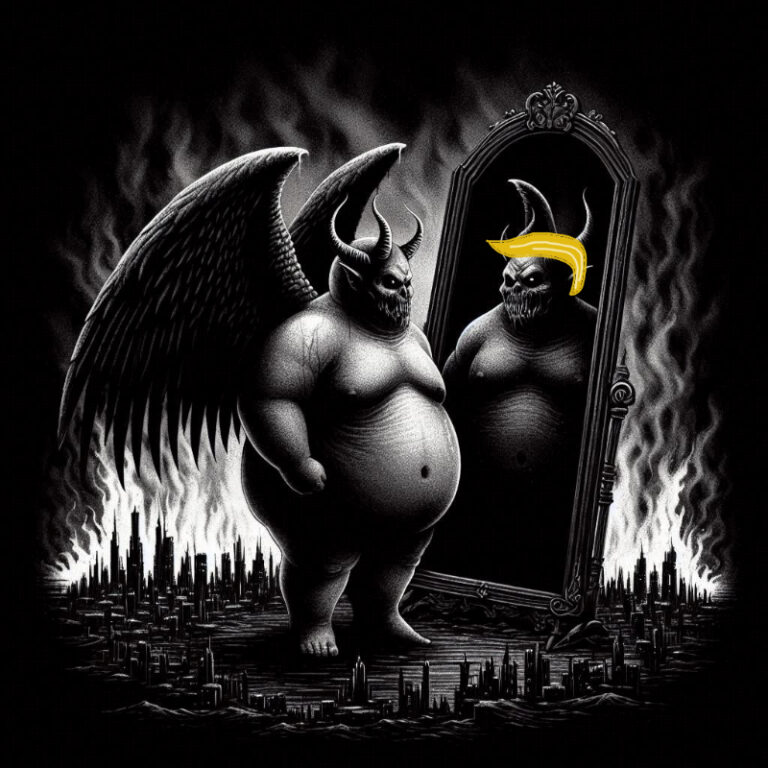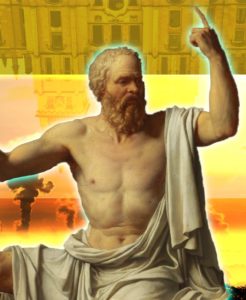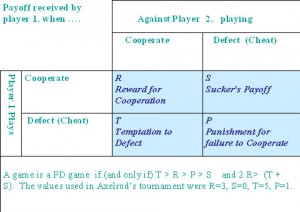Some conservatives carry on even as the bizarro world continues to invert reality on Trump’s watch. Over at National Review they are kvetching about state and local regulations for hair stylists. Damn, look at the market distortions! If only we could unlock that 1/2 of 1/10th of a percent of the market we would achieve libertarian liberation! Meanwhile, Donald Trump is taking an ownership stake in Intel and imposing export tariffs on Nvidia like a socialist dictator. And David Brooks at New York Times proclaims that cultural factors override the role of money in terms of making or breaking the success of people. If only we were more…Swedish we would not have to descend into nihilistic doom cycles.
It’s not that these aren’t partially true, of course, but merely that they are shadow-boxing on an old battlefield filled with muskets and cannonballs. The new war has moved on.
This inverted reality calls for something different. The notion that we can reclaim social stability through nostalgia or micro-microeconomics lacks sensibility, credibility, and honesty. We live in a modern world where even core concepts like the reliability of the Gospels is widely distrusted, which in part explains the increasing view of Christian institutions as centers of manipulation and cruelty. There never was any there there, just shadowy programming and ignorance before the internet era. Get them young enough and they can be groomed, like Epstein’s victims. The critical role of culture and institutions was always as fragile as the communications and information systems that supported it. Now there is nothing but the dark potential of power.
And here I am, so negative! And just after inventing my own religion built around trust and optimizing our personal and group engagement with the state and the world.… Read the rest





